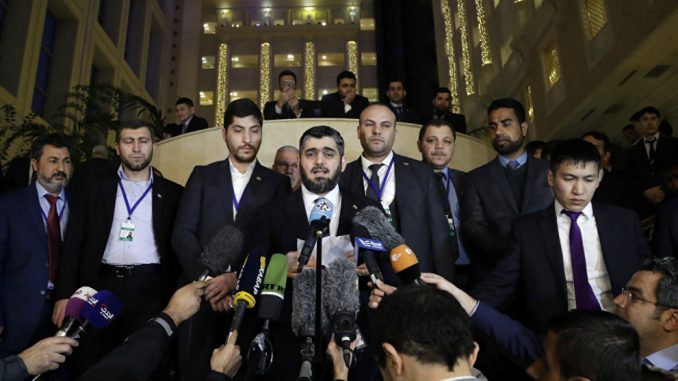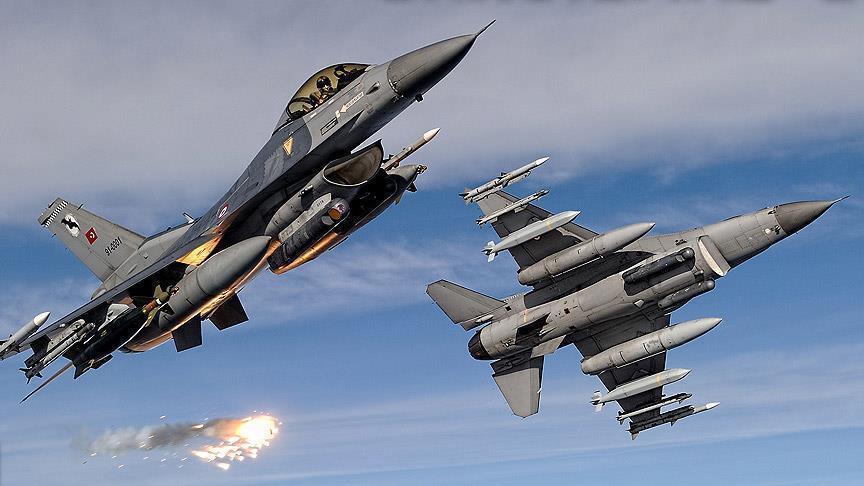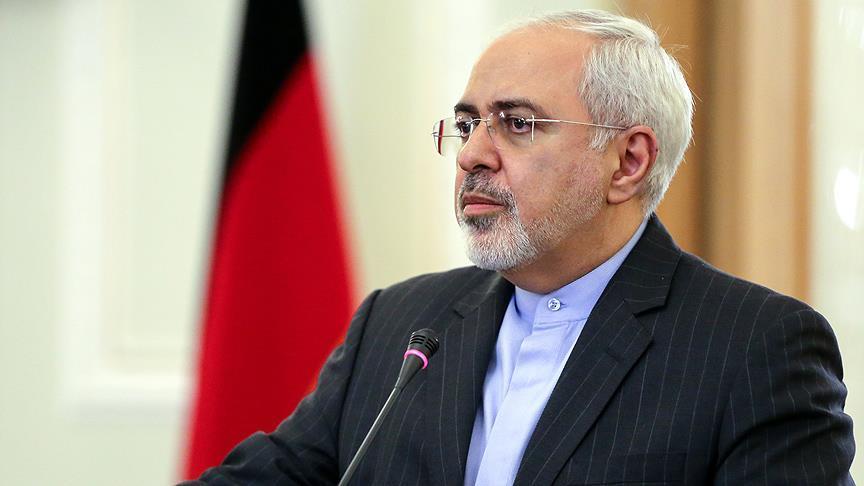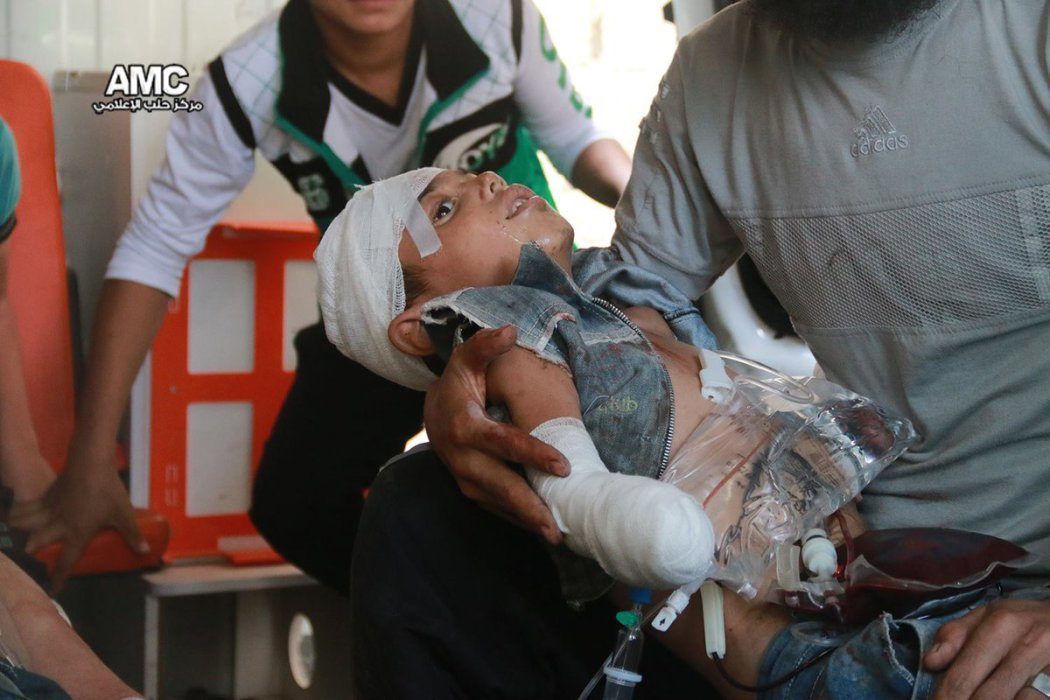
Syria peace settlement held in Kazakhstan’s Astana concluded without a final statement, while Russia declared the creation of a joint trilateral group to monitor the ceasefire.
Russia said it has a new plan for Syria peace talks which can be achieved with powers that have a real effect on the Syrian ground after its forces backed Assad regime to achieve many victories against the opposition and tilted the tide of war in his favor.
Russia, Iran, and Turkey said they were ready to help broker a Syria peace deal, and organized peace talks meeting in Kazakhstan on January 23.
The first day of the talks was focused on ways to strengthen the ceasefire. It ended with tension as both parts traded blames over truce breaches. In addition, the opposition refused to have direct negotiations with Assad regime.
The talks have ended with Russia, Turkey, and Iran making a joint statement about the consequences of the talks and agreeing on a mechanism to support a delicate ceasefire and to support a new round of peace talks in Geneva.
Another meeting was agreed on to discuss further the proposed document and implementing the ceasefire and will take place on February 15-16. However, the Syrian rebels refused at first to take part in this round, and agreed later to come on February 16.
No final statement
The second round of Astana talks was held in Kazakhstan’s capital on February 15-16. On Wednesday, Russian, Iranian, Jordanian and Syrian delegations held a number of technical meetings.
Head of the opposition’s delegation, Muhammad Alloush, said that the opposition did not enter the meeting room before obtaining guarantees from Russia to halt bombardment on the areas under its control in Syria.
“I’d like to emphasize that delegations of the Syrian government and Syria’s armed opposition met again in this hall despite mutual suspicions and allegations … I think there is a strong base that de-escalation will continue and they will have fewer differences with every meeting,” Russia’s chief negotiator Alexander Lavrentyev said in Astana.
“I cannot say it was a breakthrough but it is a step forward,” he told reporters.
However, the meeting ended without a final statement because the opposition refused to sign it.
The Opposition refused to discuss any other issues such as the constitution, holding elections or any other political issues, Alloush pointed out adding that “negotiations about ceasefire mechanisms will be taken to Ankara,” without specifying any date or giving further details.
In addition, Osama Abu Zeid, the consultant of the Free Syrian Army (FSA) in Syria peace talks in Astana said that the negotiations witness difficulties and differences between the guarantor countries, which casts shadows over the meeting.
Abu Zeid added that he assessed the results of the Astana talks pessimistically and did not expect that a third round would take place in this format.
“The perception that Astana gave absolutely nothing to the Syrian people is being reinforced. This is a waste of Syrians’ time … so I am saying I am very pessimistic and do not expect there to be another round of talks in Astana,” he said.
At the end of the meeting, Russian ministry of foreign affairs declared that a number of issues have been agreed upon to de-escalate the situation in Syria, including creating a strict mechanism to monitor the ceasefire by forming a trilateral Russian, Turkish and Iranian committee.
“They aim to disrupt the talks”
The head of Syria’s government delegation, Bashar Ja’afari, accused Turkey’s delegation and Syrian rebels of trying to disrupt the negotiations by refusing to agree to a communique.
Bashar Ja’afari said the rebels and their Turkish backers had a “clear will to disrupt the Astana meetings”, and that Ankara must pull its troops out of Syria and close its border to jihadist fighters if it was to be a real guarantor of a Turkish-Russian ceasefire agreed at the end of last year.
“No final communique was issued because of Turkish opposition to a draft statement,” Ja’afari said.
The arrival of a downgraded Turkish delegation with the rebels on the last day of the talks in the Kazakh capital also signaled that they were not serious about the talks, he said.
“The delegation came with a low representation that does not rise up to what Turkey claims as a guarantor … and so the Turkish role prompts many question marks over it,” he said.
Ja’afari said Turkey must take decisive steps to stop foreign jihadists entering Syrian and end its violation of Syrian sovereignty by pulling its troops out if the ceasefire was to take hold on the ground.
Ceasefire monitoring mechanism
Russia, Iran and Turkey have decided to create a joint group as part of Syria ceasefire monitoring mechanism and tasked themselves with separating terrorist groups from the armed opposition.
“The Islamic Republic of Iran, the Russian Federation and the Republic of Turkey… decide to establish the Joint Group as part of a trilateral mechanism to observe and ensure full compliance with the ceasefire regime in the Syrian Arab Republic; prevent provocations; determine all modalities of the ceasefire, including separating terrorist groups ISIL / DAESH and al-Nusra Front [both groups banned in Russia] from the armed opposition groups in order to consolidate the ceasefire regime,” the Concept Paper on the Joint Group reads.
According to the document, joint Russia-Turkey-Iran group on ceasefire monitoring in Syria will also include UN experts.
“The group is composed of the representatives of the Parties and the UN experts (the number is defined by the Parties) in order to effectively search for solutions to the issues under consideration. The UN experts will be invited by the Parties to provide a liaison function and expert technical support to the work of the group,” the Concept Paper on the Joint Group reads.
Moreover, the group on ceasefire will regularly exchange information on violations of this regime with the United Nations.
According to the document, the group will have regular meetings. Investigation of violations with the aim to determine those responsible and take measures to prevent them will be one of the issues on the agenda of such meetings.
“Information on violations is provided by the Parties with the assistance of their national ceasefire centers as well as UN operation center in Geneva. The Parties and the UN will regularly exchange information on ceasefire regime violations in between the meetings,” the Concept Paper on the Joint Group reads.
The group will also brief the International Syria Support Group (ISSG) on the progress and results of its work, the document adopted in Astana and obtained by Sputnik reads.
“The Parties brief the ISSG via their delegations on the progress and results of their work,” the Concept Paper on the Joint Group reads.
One of the issues that will be discussed during the group’s regular meetings is “efforts to organize the release of detainees/abductees as well as exchange of prisoners and bodies on a mutually accepted basis, to identify missing persons of the parties of the arrangement on the ceasefire and to facilitate the unhindered and sustainable humanitarian access and free movement of civilians,” the Concept Paper on the Joint Group reads.
Opposition accepts ceasefire monitoring, refuse Iran’s role
“We also discussed mechanisms to establish control over the ceasefire regime. Russia mentioned a brief document in response to the document that we presented,” Alloush said at a press conference.
Russia also has confirmed the intention to send the Syrian armed opposition via Turkey a schedule of lifting the siege of Syria’s town of East Ghouta, he said.
“The Russian side has confirmed the intention to send us a schedule of lifting the siege of Ghouta and to establish mechanisms on implementing this task, and that this document will be submitted to us via Turkey as a guarantor.”
The Syrian crisis began as a peaceful demonstration against the injustice in Syria. Assad regime used to fire power and violence against the civilians and led to armed resistance. 450.000 Syrians lost their lives in the past five years according to UN estimates, and more than 12 million have lost their homes.



